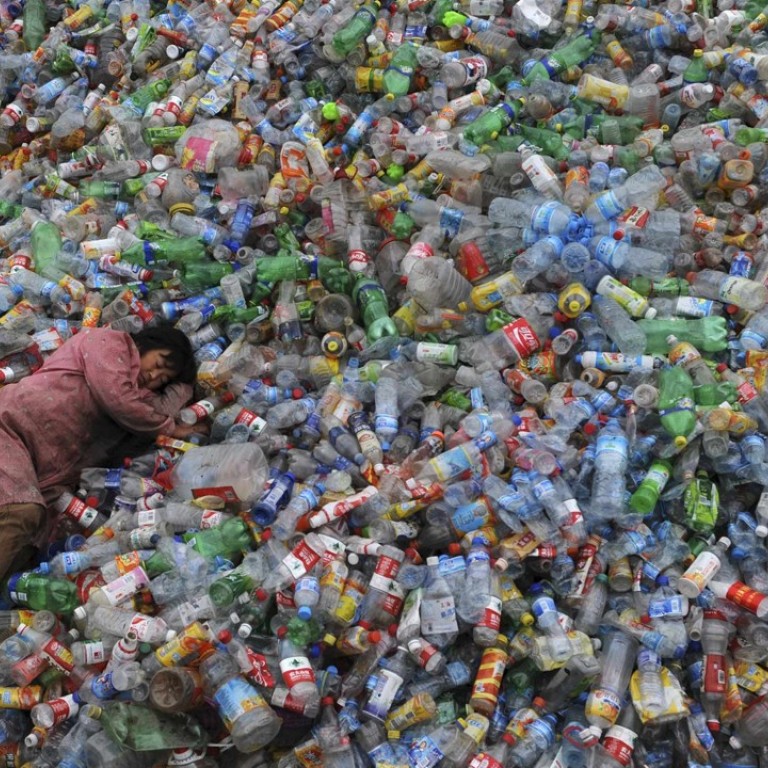
China bans ‘loathsome’ foreign garbage
China is to ban importing 24 kinds of solid waste from overseas because of the damage it creates to the environment and people’s health, according to a government official.
China previously allowed the imports because the rubbish was recycled, creating extra supplies of metals and materials in short supply for use in the domestic market, but officials say the problems created far outweigh the benefits.
The ban on the foreign waste was announced a press briefing on Thursday by Guo Jian, an official in charge of international cooperation at the environmental protection ministry.
“The problem of foreign garbage is loathed by everyone in China,” Guo said.
China has told the World Trade Organisation it will ban waste imports including plastics, scrap paper and discarded textiles starting at the end of this year, according to environment ministry.
China imported more than 46 million tonnes of waste in 2015 which was recycled into products including paper, plastics, aluminium and copper, a ministry report said last year.
The real amount of imported waste from overseas is probably much higher as some is brought into the country illegally, the Zhejiang Daily reported earlier this month.
Guo said: “A few unscrupulous dealers at home and abroad illegally imported and carried foreign garbage for their own interest. It has caused serious environmental problems and should be treated strictly.”
China’s government adopted a plan in April to reform the import system of solid waste, drawing up a timetable to ban solid wastes for each industry, and category of refuse, to reduce the quantity of imported garbage.
Large amounts of money can potentially be made in the illegal treatment of waste.
Xiamen customs discovered a case in March in which more than 2,000 tonnes of waste plastic was smuggled to China, involving more than 60 million yuan (US$8.9 million).
“Some private companies take away the reusable parts after smuggling, but don’t deal with the rest properly, which could lead to direct or potential pollution to the environment, ” said Jiang Jianguo, a professor at Tsinghua University’s school of the environment.
He Pinjing, an environmental sciences professor at Tongji University in Shanghai, said recycling firms now faced increasing costs to meet more stringent pollution standards.
“The environmental standards and requirements have improved a lot and the supervision of the authorities has become stricter in recent years,” he said. “Enterprises pay a lot to transform garbage into materials if they abide by these high standards, which is not cost-effective.”
The environment ministry also launched a campaign this month to crack down on businesses importing and recycling waste.
More than 400 inspectors have punished nearly 800 companies, the ministry said this week.
